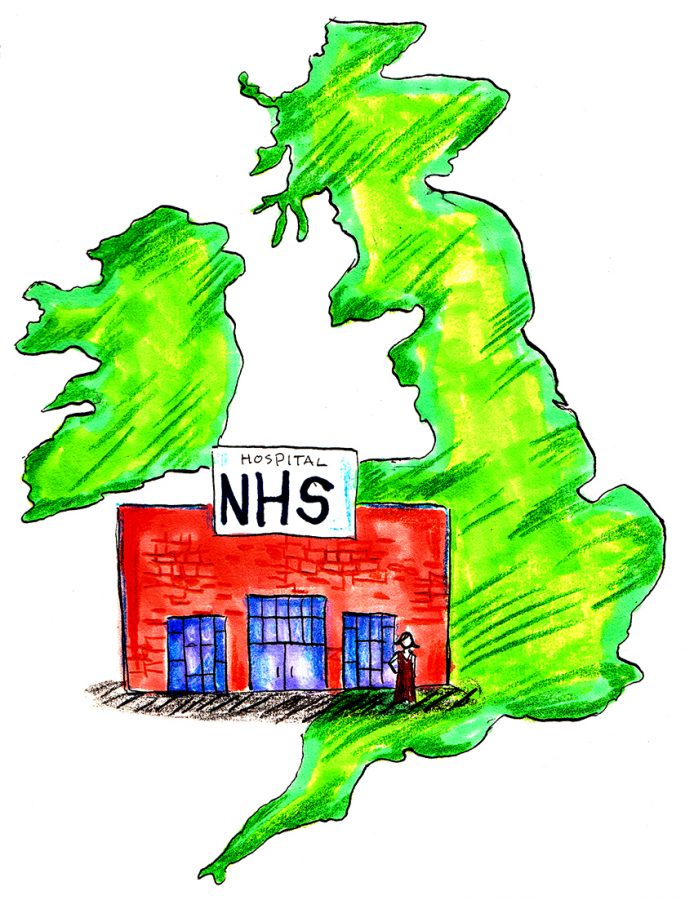Despite the perceived widespread accessibility of abortion services in Great Britain, a new study led by Abigail Aiken, assistant professor of public affairs, suggests that there are still potential barriers to abortion access in Great Britain.
Little is known about these barriers, the researchers said.
“It was interesting to me to think about what might be some of the barriers that people might experience in a country (where) you tend to think that these services are available,” Aiken said. “There are groups of women at a disadvantage even in a country like that.”
The researchers worked with Women on Web, or WoW, a telemedicine nonprofit that mails abortion medications to women in areas with limited access. Because abortion services are free and available in Great Britain, WoW is not permitted to supply women in Great Britain with abortion pills.
However, WoW still received numerous requests from women in Great Britain In response, WoW set up a helpdesk and asked women about their situations in order to connect them with local services.
After performing content analyses on the women’s descriptions, Aiken and her team discovered that the greatest hurdle to abortion services was in-clinic care. The women reported struggles including long wait times, ineligibility for free NHS services and lack of transportation to the clinic.
“Especially if you’re in the Scottish Highlands or (the) valleys of Wales, you might have to travel 50, 60, 70 miles to get to a clinic,” Aiken said. “And if you haven’t got a car or public transport might be inaccessible to you, getting to the clinic is hard.”
Regulations in Great Britain also increase transportation barriers, according to Aiken. Women are required to make two visits to the physician — the first visit to receive the first drug, Mifepristone, and the second to receive an additional drug, Misoprostol.
“That’s really unnecessary,” Aiken said. “The evidence has moved on to say that you don’t have to come back for the second drug, (and) women can safely take it at home. But Britain has not changed (its) policy or law yet.”
Aiken said that this policy has consequences for women’s health.
“Two things happen there: One, if you live 70 miles away from a clinic and haven’t got a car, you have to negotiate that journey four times; and second, if you have a medication abortion and start bleeding on the way home, you might be managing your abortion on a car or bus,” Aiken said. “And that’s not quality healthcare, to have someone managing vomiting or pain or bleeding in a public place or on a car.”
Other barriers consisted of privacy concerns, such as fears of confidentiality breaches and threats of violence.
“There were a lot of women who were in controlling relationships, or they were in situations where their family disapproved of abortions,” Aiken said. “And they were afraid that if anyone found out they had gone, they would suffer the consequences emotionally and physically.”
James Trussell, a Princeton University professor of public and international affairs emeritus, said the results have already had an impact.
“It was a big surprise, actually, to abortion care providers in Great Britain to find out what we found out,” Trussell said.
The findings have translated into efforts to reduce these barriers, according to Trussell.
“(With) the National Health Service website, it was impossible to find information about abortion,” Trussell said. “So that’s fairly easy to fix. The commissioner for abortion in Great Britain has been made aware of this. We hope that through that, the privacy issues can be got around.”















